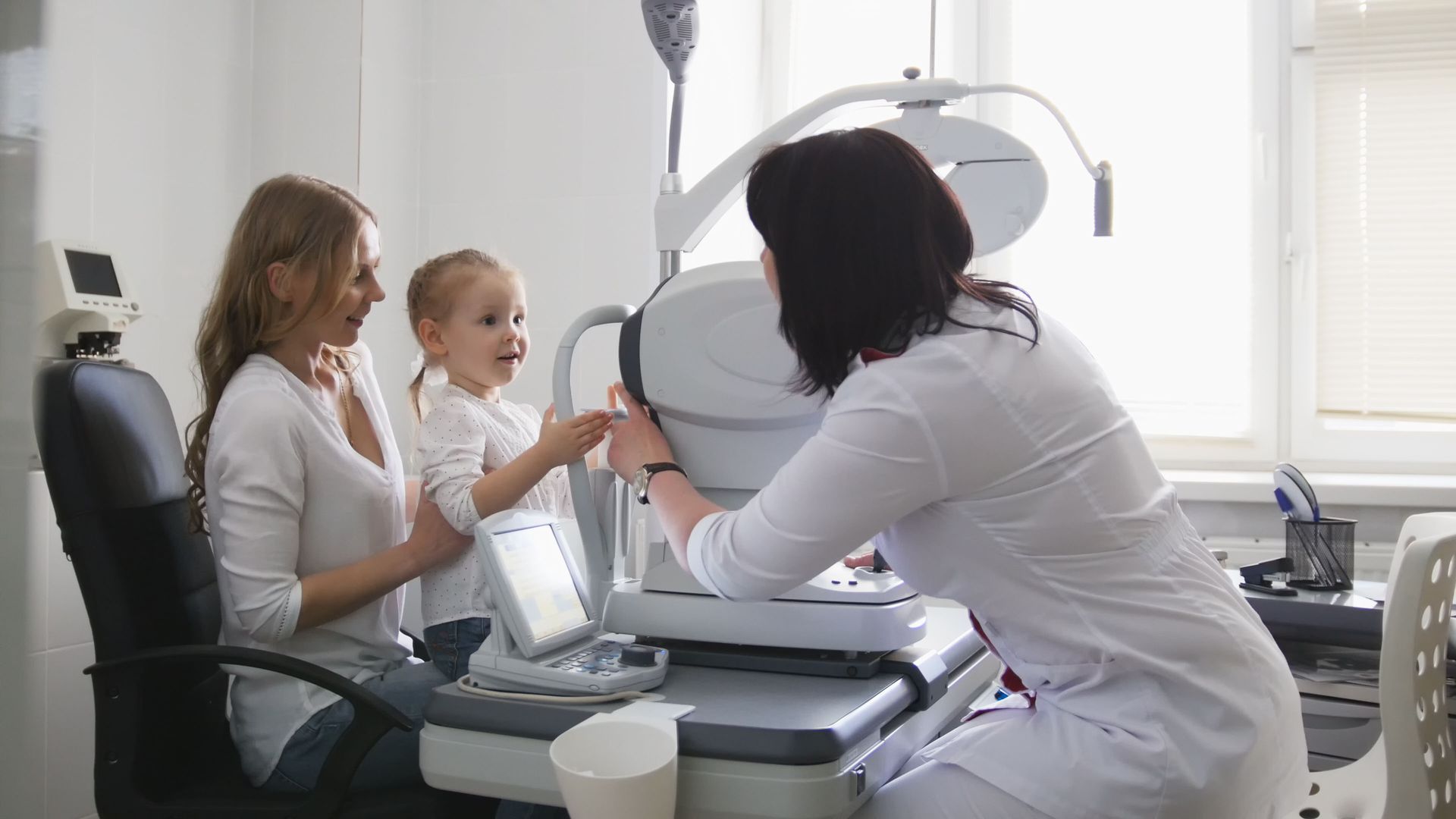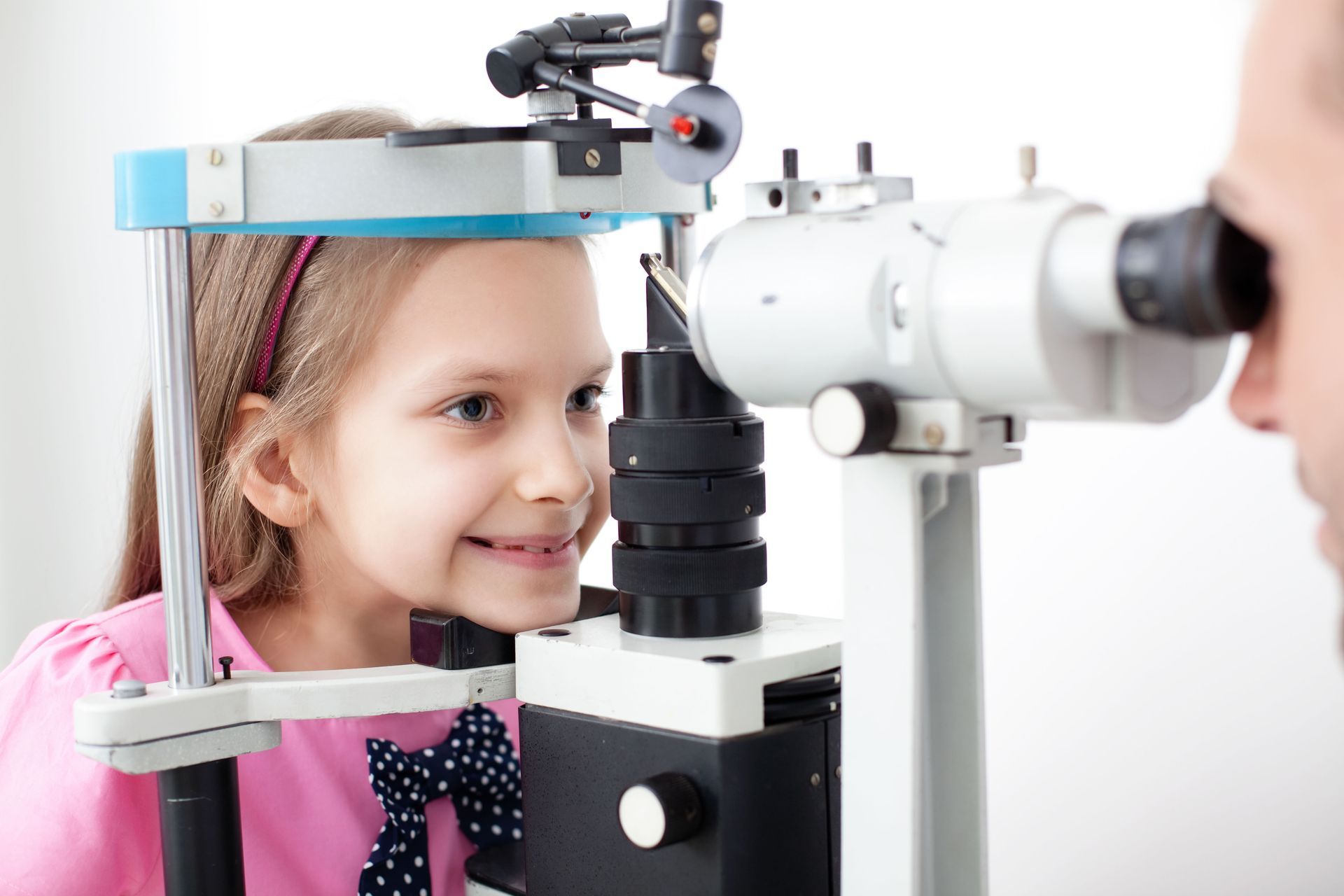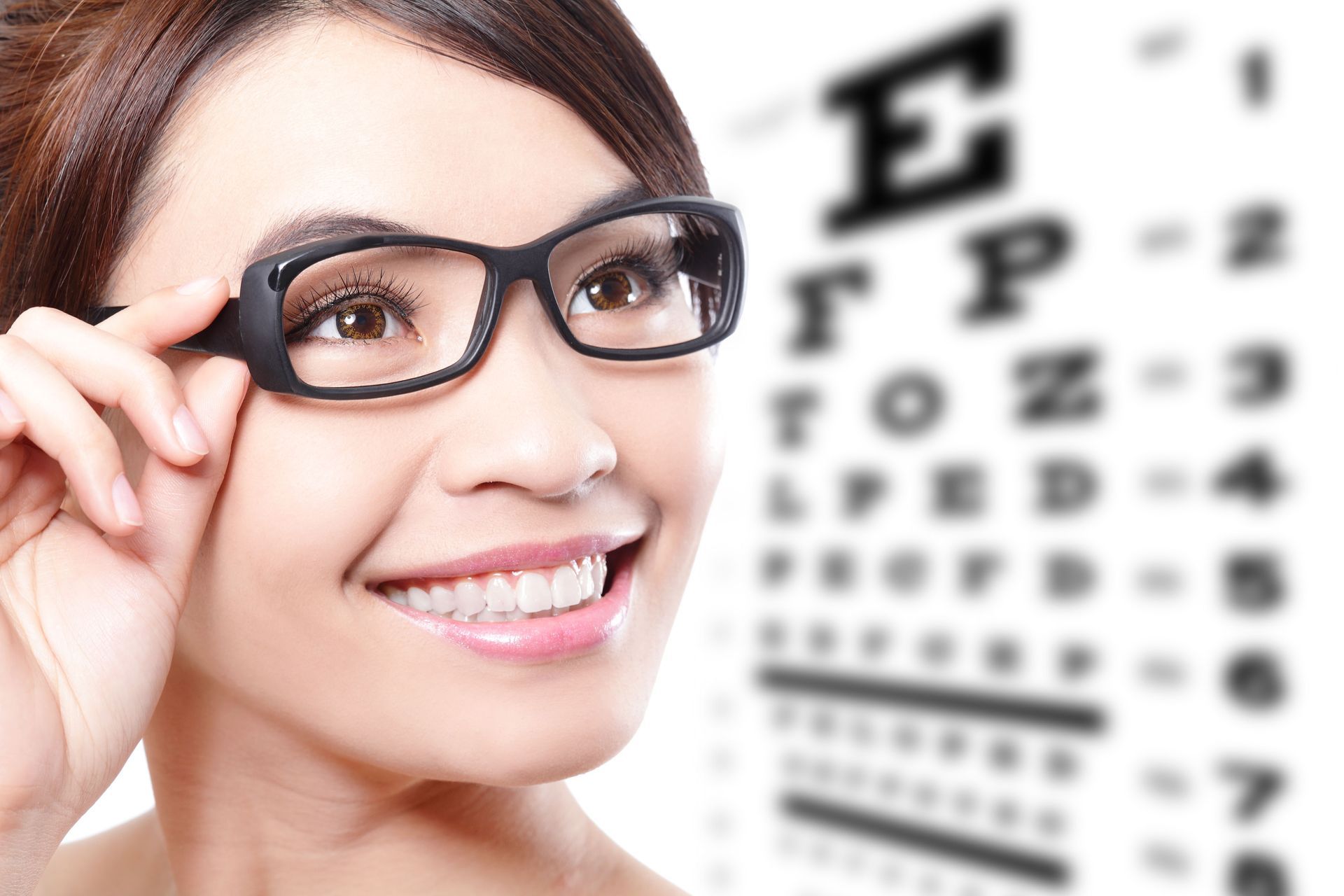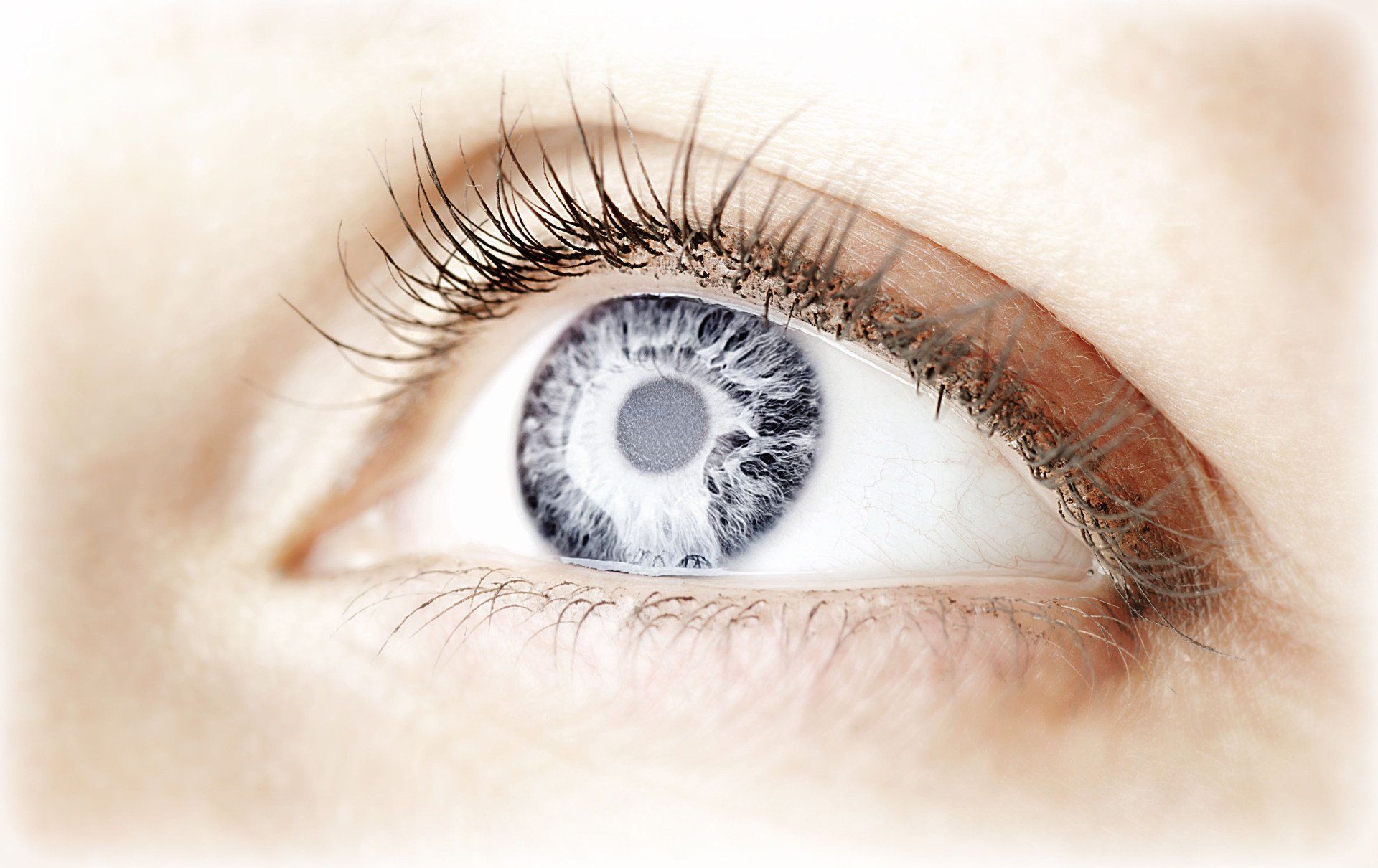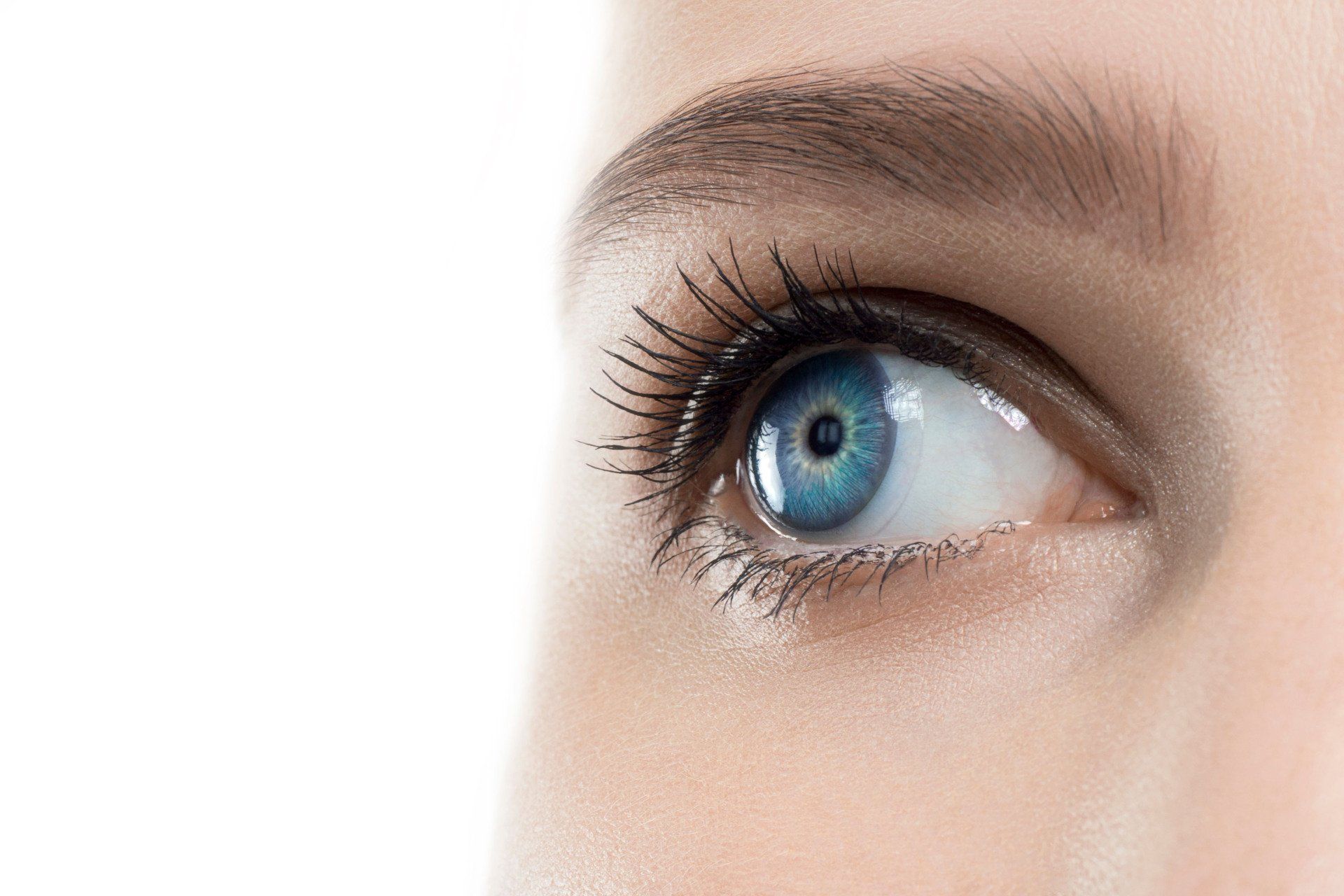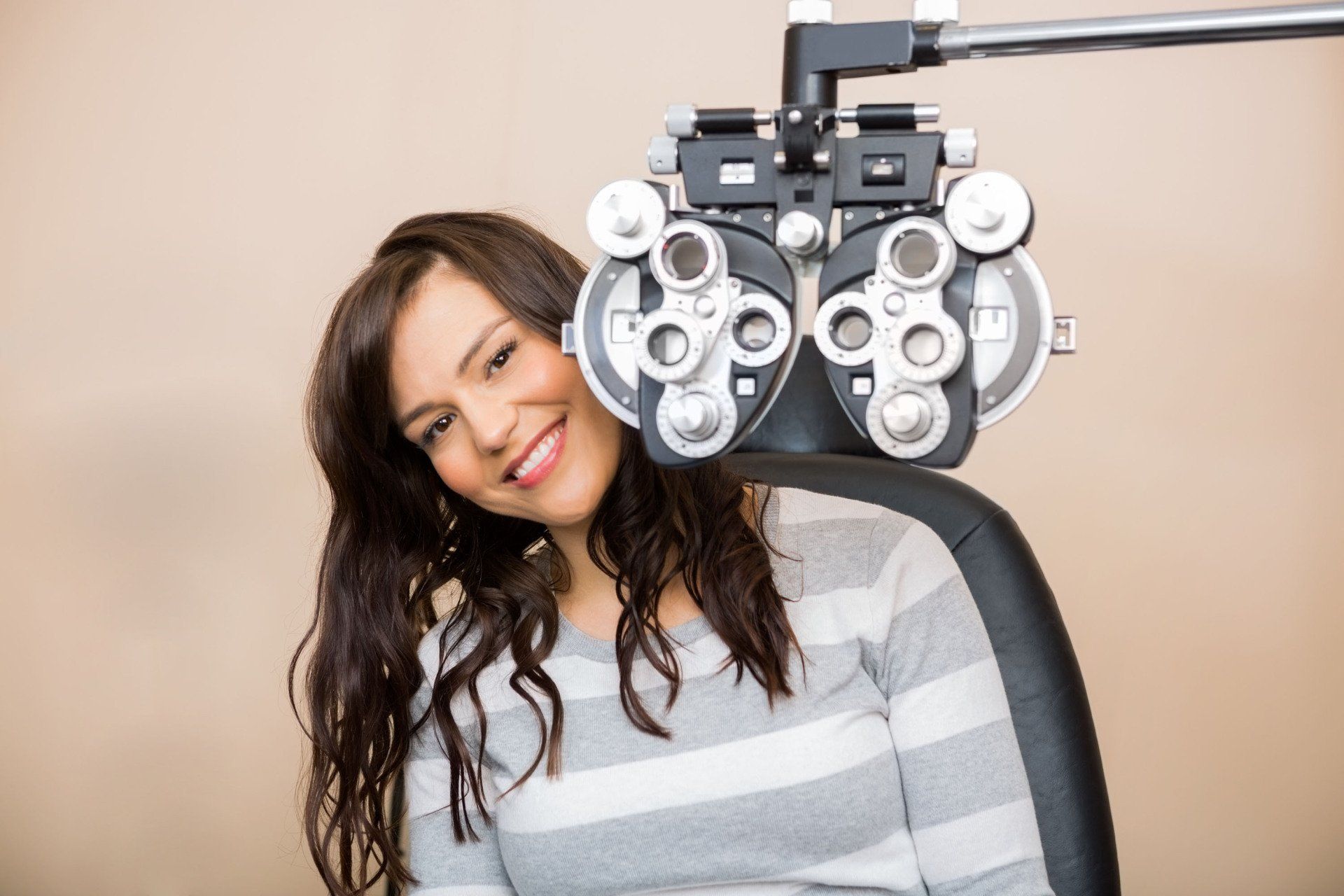115 W Main St
Suite B
Collegeville
,
PA
19426
This is a placeholder for the Yext Knolwedge Tags. This message will not appear on the live site, but only within the editor. The Yext Knowledge Tags are successfully installed and will be added to the website.
(610) 477-3794
This is a placeholder for the Yext Knolwedge Tags. This message will not appear on the live site, but only within the editor. The Yext Knowledge Tags are successfully installed and will be added to the website.
Blog Layout
How Vision Therapy Can Provide ADHD Support
Hibu Websites • March 1, 2021
Anyone who has been diagnosed with ADHD or who has a child who has been diagnosed with ADHD knows the struggles of finding the right treatments. Short for attention-deficit/hyperactivity disorder, ADHD is a condition that presents differently from one person to the next. This makes it difficult for doctors to prescribe a one-size-fits-all treatment to patients with ADHD, causing patients to seek different avenues of ADHD support to help manage their symptoms.
A great form of ADHD support
is vision therapy. Let's take a look at how ADHD and vision are connected and why vision therapy can help people who have been diagnosed with ADHD.
ADHD and Vision Disorders
ADHD is often thought of as a mental condition and that is typically how treatment plans approach the condition. While this can be effective for some patients, others may be experiencing the symptoms of ADHD for a different reason.
Vision disorders can mimic the symptoms of ADHD or ADD, which is a very similar condition known as attention deficit disorder. Some children are even misdiagnosed with ADHD or ADD and start on medication when the true cause of their issues is a vision problem, such as convergence insufficiency. This happens because professionals observe children having difficulty paying attention and immediately assume that ADHD or ADD is the problem, rather than checking for vision problems. According to a recent study, children with vision problems were two times more likely to develop ADHD than their peers were. The study also revealed that school nurses do not tend to attribute poor attention and behavior to vision problems in the classroom.
This study suggested that both ADHD and vision problems can make it difficult for children to pay attention in class or finish schoolwork. Researchers believe vision problems do this because they affect a child's executive function, which includes higher-order cognitive processes that children use to pay attention, plan, and organize their time and space.
If a child has convergence insufficiency or another type of vision issue, they also often have trouble reading. Your eyes are supposed to converge to focus at the same point on the page when you read. Convergence insufficiency disrupts this process, causing the words to seem blurry and your eyes to strain. You then lose focus and forget the material you just read. This can cause kids to dislike reading and act out in the classroom or at home when asked to read. In turn, their frustration can lead to anxiety and depression.
How Can Vision Therapy Provide ADHD Support?
About 6.8% of children who are younger than 18 in the United States have a diagnosed eye and vision condition. Most schools and pediatricians will aim to diagnose these conditions by testing a child's eyesight with a visual screening. In these screenings, children read letters or symbols on a Snellen chart. If the medical professional detects a deficit, they'll usually suggest prescription glasses.
This screening, however, only tests for visual acuity. Functional vision depends on more than that. Your eyes need to work together to track a moving object, fixate on a stationary object, or scan to find an object in an environment. To determine whether your eyes do this correctly, you need to see a certified optometrist and get an evaluation for functional vision problems. This evaluation can determine if you have convergence insufficiency or another vision disorder.
You can then start with vision therapy services. This therapy helps the eyes work together by teaching them to move correctly without fatigue. As with other forms of therapy, vision therapy requires multiple sessions. The sessions usually include movement activities that challenge your vision, such as bunting a ball that hangs from the ceiling on a rope.
Vision therapy is a form of ADHD support services because it helps the patient learn to correct their vision issue and gives them tools to make activities like reading easier. If your child is in vision therapy, they may learn that using certain fonts helps strengthen their eye movement skills or that highlighting every other line of text with a different color can help them focus. Parents and schools can work together with the optometrist's recommendations for how the child can learn best. With this ADHD support, they may act out less in class and have an easier time focusing.
If you think that you or your child may need ADHD support through vision therapy, contact the Vision and Learning Center today.
VISIT US
115 W Main St
Suite B
Collegeville
,
PA
19426
This is a placeholder for the Yext Knolwedge Tags. This message will not appear on the live site, but only within the editor. The Yext Knowledge Tags are successfully installed and will be added to the website.
115 W Main St
Suite B
Collegeville
PA
19426
This is a placeholder for the Yext Knolwedge Tags. This message will not appear on the live site, but only within the editor. The Yext Knowledge Tags are successfully installed and will be added to the website.
HOURS
This is a placeholder for the Yext Knolwedge Tags. This message will not appear on the live site, but only within the editor. The Yext Knowledge Tags are successfully installed and will be added to the website.
HOURS
This is a placeholder for the Yext Knolwedge Tags. This message will not appear on the live site, but only within the editor. The Yext Knowledge Tags are successfully installed and will be added to the website.
Monday
2:00 pm - 8:00 pm
Tuesday
2:00 pm - 8:00 pm
Wednesday
2:00 pm - 8:00 pm
Thursday
2:00 pm - 8:00 pm
Friday
Closed
Saturday
Closed
Sunday
Closed
This is a placeholder for the Yext Knolwedge Tags. This message will not appear on the live site, but only within the editor. The Yext Knowledge Tags are successfully installed and will be added to the website.
Monday
2:00 pm - 8:00 pm
Tuesday
2:00 pm - 8:00 pm
Wednesday
2:00 pm - 8:00 pm
Thursday
2:00 pm - 8:00 pm
Friday
Closed
Saturday
Closed
Sunday
Closed
This is a placeholder for the Yext Knolwedge Tags. This message will not appear on the live site, but only within the editor. The Yext Knowledge Tags are successfully installed and will be added to the website.
CONTACT US
This is a placeholder for the Yext Knolwedge Tags. This message will not appear on the live site, but only within the editor. The Yext Knowledge Tags are successfully installed and will be added to the website.
visionnlearning@yahoo.com
This is a placeholder for the Yext Knolwedge Tags. This message will not appear on the live site, but only within the editor. The Yext Knowledge Tags are successfully installed and will be added to the website.
Privacy Policy
| Do Not Share My Information
| Conditions of Use
| Notice and Take Down Policy
| Website Accessibility Policy
© 2025
The content on this website is owned by us and our licensors. Do not copy any content (including images) without our consent.


